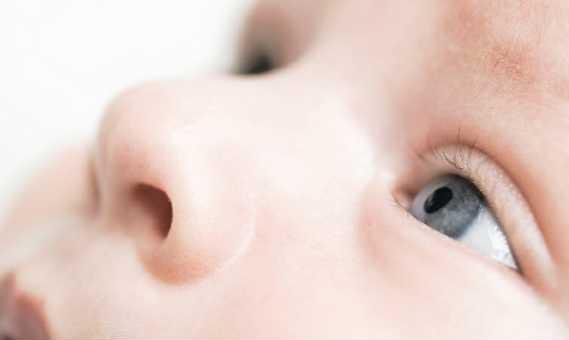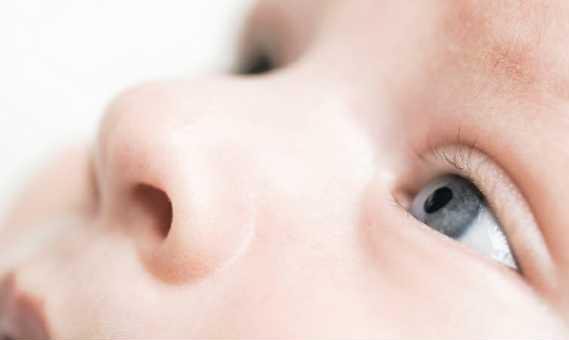The next time you want your baby to see your face, make sure youre close to them.
A new study from the Institute of Psychology at the University of Oslo University in Stockholm, Sweden, found that newborns can perceive faces and emotional expressions from 12 inches (30 centimeters) away, according to the Daily Mail. If a baby looks at a persons face from anything farther, like 60 centimeters, the vision begins to blur and almost completely fade away, the study found.
To find this, researchers showed video recordings of facial expressions to infants and filtered out the information they could and couldn't see based on their age, distance from the visual and information gathered from adults who also watched the video recordings, Daily Mail reported.
Still, it's unclear if infants can make sense of what they're seeing, the study said.
It's important to remember that we have only investigated what the newborn infant can actually see, researcher Svein Magnussen told Daily Mail, not whether they are able to make sense of it.
Heres a photo that shows what facial expressions look like to newborns.
A new study from the Institute of Psychology at the University of Oslo University in Stockholm, Sweden, found that newborns can perceive faces and emotional expressions from 12 inches (30 centimeters) away, according to the Daily Mail. If a baby looks at a persons face from anything farther, like 60 centimeters, the vision begins to blur and almost completely fade away, the study found.
To find this, researchers showed video recordings of facial expressions to infants and filtered out the information they could and couldn't see based on their age, distance from the visual and information gathered from adults who also watched the video recordings, Daily Mail reported.
Still, it's unclear if infants can make sense of what they're seeing, the study said.
It's important to remember that we have only investigated what the newborn infant can actually see, researcher Svein Magnussen told Daily Mail, not whether they are able to make sense of it.
Heres a photo that shows what facial expressions look like to newborns.








